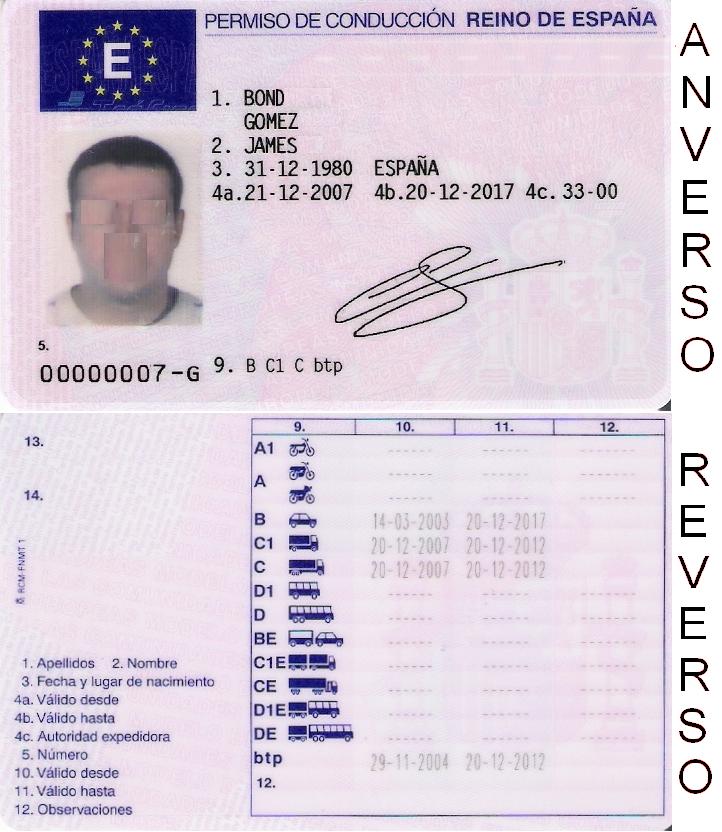It entirely depends on the purpose and the country. For example, in the Netherlands, a European driver's license is a completely valid ID and can be used, e.g., to vote. In France, there is no exhaustive list of what counts as ID so there is no reason a driver's license shouldn't be accepted by the police (see this question on expatriates.SE for a long-winded discussion of this specific case). Elsewhere, it might not be considered a valid ID and private organizations everywhere (e.g. banks) might also have other requirements.
The problem is that to travel internationally, you need more than ID, you need something to establish your citizenship and prove your right to enter the destination country. A driver's license is not enough for that. Similarly, if you want to make use of your right to free movement as an EU citizen, you need something that establishes that you are indeed an EU citizen and that something is typically a passport or national ID card. If you travel by land, you might get away with not having one on you but boarding a plane is often more difficult.
I was once allowed to take an internal Schengen flight with only a driver's license and a few other documents like a health insurance card from my country of destination (after losing my ID) but I think it was just the person at the desk bending the rules and counting on the fact that there would be no check at the other end (we went to the desk as soon as we noticed the ID was missing, we did not intend to just show a driver's license when boarding).
Finally, EU countries recognize each other's national ID cards so unless you are a citizen from one of the countries that do not issue those at all (Denmark, the UK), you don't need anything else and that's true EU-wide (not only in the Schengen area, also in the UK, Ireland, Bulgaria, Romania, Croatia, Cyprus, the EEA or Switzerland but not necessarily elsewhere in Europe).

